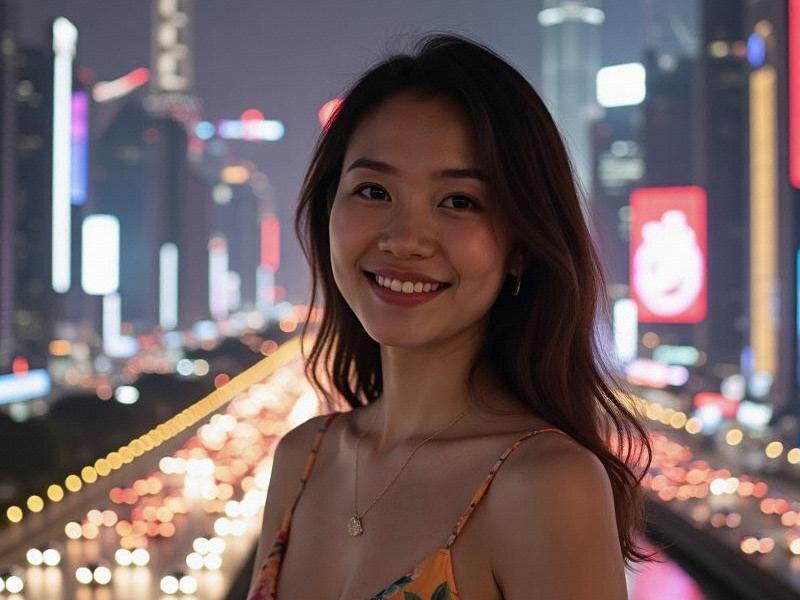
The Evolution of Shanghai's Nightlife: How Entertainment Venues Are Redefining the City's Social Scene
Shanghai's entertainment landscape tells the story of a metropolis straddling tradition and modernity. From the jazz-era ballrooms of the 1930s to today's AI-powered nightclubs, the city's nightlife venues have continually reinvented themselves while preserving Shanghai's unique cultural DNA.
The Bund's historic buildings now house some of Asia's most exclusive clubs. At Bar Rouge, the 7th-floor terrace offers panoramic views where businessmen close deals over cocktails priced higher than the average worker's daily wage. "We're not just selling drinks," explains manager Laurent Dupont, "We're selling the Shanghai dream - that mix of East meets West that's become our signature."
夜上海419论坛 Xintiandi's entertainment complex exemplifies Shanghai's bifurcated nightlife economy. High-end KTV parlors like Prima KTV Club charge ¥10,000 per room, featuring private sommeliers and sound systems rivaling recording studios. Meanwhile, underground music venues like ALL Club nurture local indie bands in converted industrial spaces.
The pandemic accelerated several trends now defining Shanghai's entertainment sector:
1) Hybrid venues combining dining, performance, and social spaces
2) Increased demand for private, reservation-only experiences
上海贵人论坛 3) Integration of digital payment and social media features
Professor Chen Wei of Fudan University's Sociology Department notes: "Shanghai's entertainment venues have become social laboratories. The way young professionals network in these spaces influences business culture across the Yangtze River Delta."
Luxury entertainment groups are capitalizing on this. M1NT's shark tank and helicopter pad cater to China's new wealthy, while more accessible chains like Party World KTV dominate suburban markets. The city's 3,800 registered entertainment venues generated ¥48 billion in 2024, according to Shanghai Municipal Bureau of Culture and Tourism.
上海娱乐 Cultural fusion remains Shanghai's unique selling point. At Celia Lounge, patrons enjoy Peking opera performances remixed with electronic beats. The newly opened Cloud Nine club features AI hostesses who adapt their interactions based on facial recognition analysis of guests' moods.
However, challenges persist. Rising rents have displaced iconic venues like The Shelter, while increased regulation of late-night operations forces earlier closing times. The upcoming 2025 Nighttime Economy Development Plan promises to address these issues while maintaining public order.
As Shanghai positions itself as a global entertainment hub competing with Tokyo and Seoul, its venues continue redefining what urban nightlife can be - a space where tradition and innovation, luxury and accessibility, East and West find harmonious coexistence.
